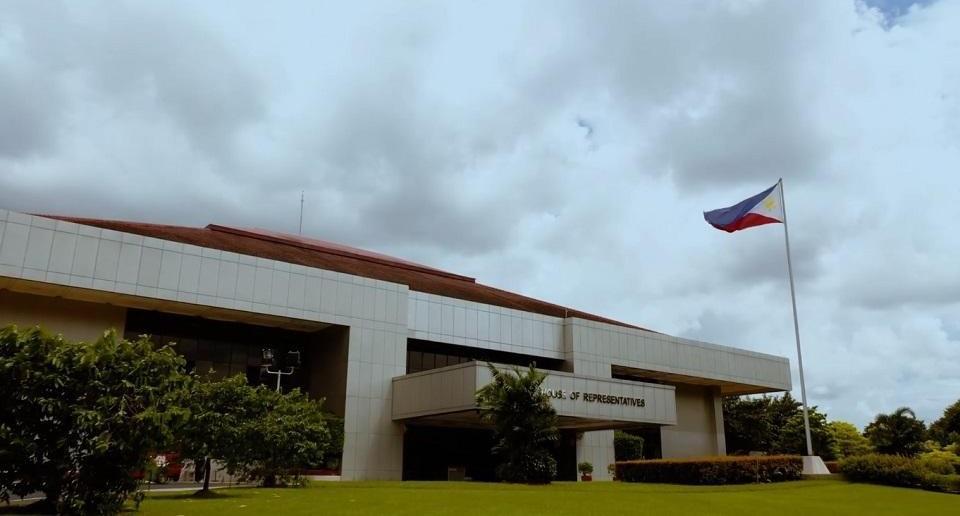Makabayan bloc files bill ‘to address imbalances’ brought by TRAIN and CREATE Laws

A measure that would "address imbalances brought by regressive tax reform laws such as TRAIN and CREATE that offer little benefits to poor and middle-class families" was filed by Makabayan bloc lawmakers in the House of Representatives on Tuesday.
Dubbed the "Tax Reform for the Masses and Middle Class" Bill and filed by lawmakers France Castro of the Alliance of Concerned Teachers party-list, Arlene Brosas of Gabriela party-list, and Raoul Manuel of Kabataan party-list, the still unnumbered bill sets the maximum personal income tax rate at 20% for individual citizens, provides a tax exemption for the first P400,000 of their income, and restores additional tax exemptions for those with dependents.
These dependents included senior citizens and persons with disabilities on top of children who are not yet capable of earning income.
Additionally, non-income benefits and bonuses worth P150,000 and below would be tax-exempt.
The bill also mandates the Bureau of Internal Revenue to set up a progressive, 10-bracket, in the minimum, personal income tax schedule.
"Rising prices and untamed inflation rates in the past few years all the more justify the need for a tax reform package that would reduce the income tax rates of the overburdened Filipino working-class families," explained Castro.
"Reducing income tax rates for working families will not only improve their way of life, but also strengthen their purchasing power which will boost overall domestic demand for consumer goods."
The TRAIN or Tax Reform for Acceleration and Inclusion law removed tax exemptions for those with dependents. Instead, all those earning an annual income of P250,000 and below were exempted from paying income tax, while non-income compensation and other benefits worth P90,000 and below are tax-exempt.
The TRAIN measure also provides that those with an annual income of over P250,000 to P8 million will be paying a progressive income tax rate that decreases from 2017 to 2023, with the rate in 2023 being the final rate from then on.
However, Castro insisted that the country remained among the most unequal in the world with income shares of the poorest and richest segments of the population almost stagnant for decades.
"And now, personal income tax rates for the poor and middle-class citizens in the Philippines are even higher than rates in other countries such as Singapore. Other countries also have additional personal allowances and/or tax exemptions for dependents, unlike here in the Philippines," said Castro.
"With increasing prices of basic goods and services, the passage of this bill is urgently needed. We urge our fellow lawmakers to give high priority to this bill and swiftly enact it into law," she added. — DVM, GMA News




